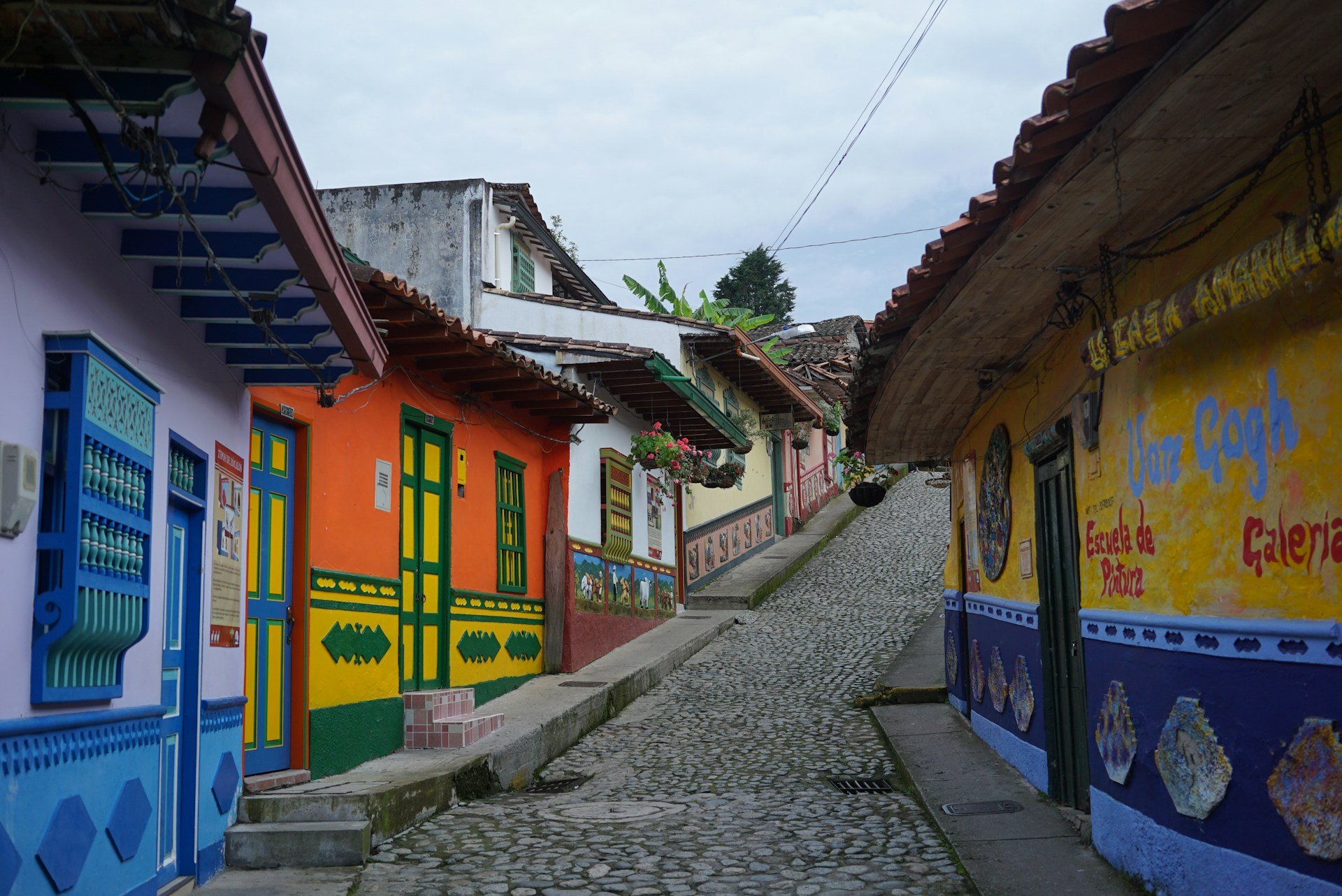
Human settlements in LatinAmerica: Challenges, opportunities and impact
A human settlement refers to any community where people live, from small rural areas to informal neighborhoods in expanding cities. In Latin America, these settlements often develop in underserved zones where residents face barriers to healthcare, education, and infrastructure. Smiles Movement works directly within these communities in Peru and Ecuador, offering mobile dental services that improve health outcomes and support sustainable community development.
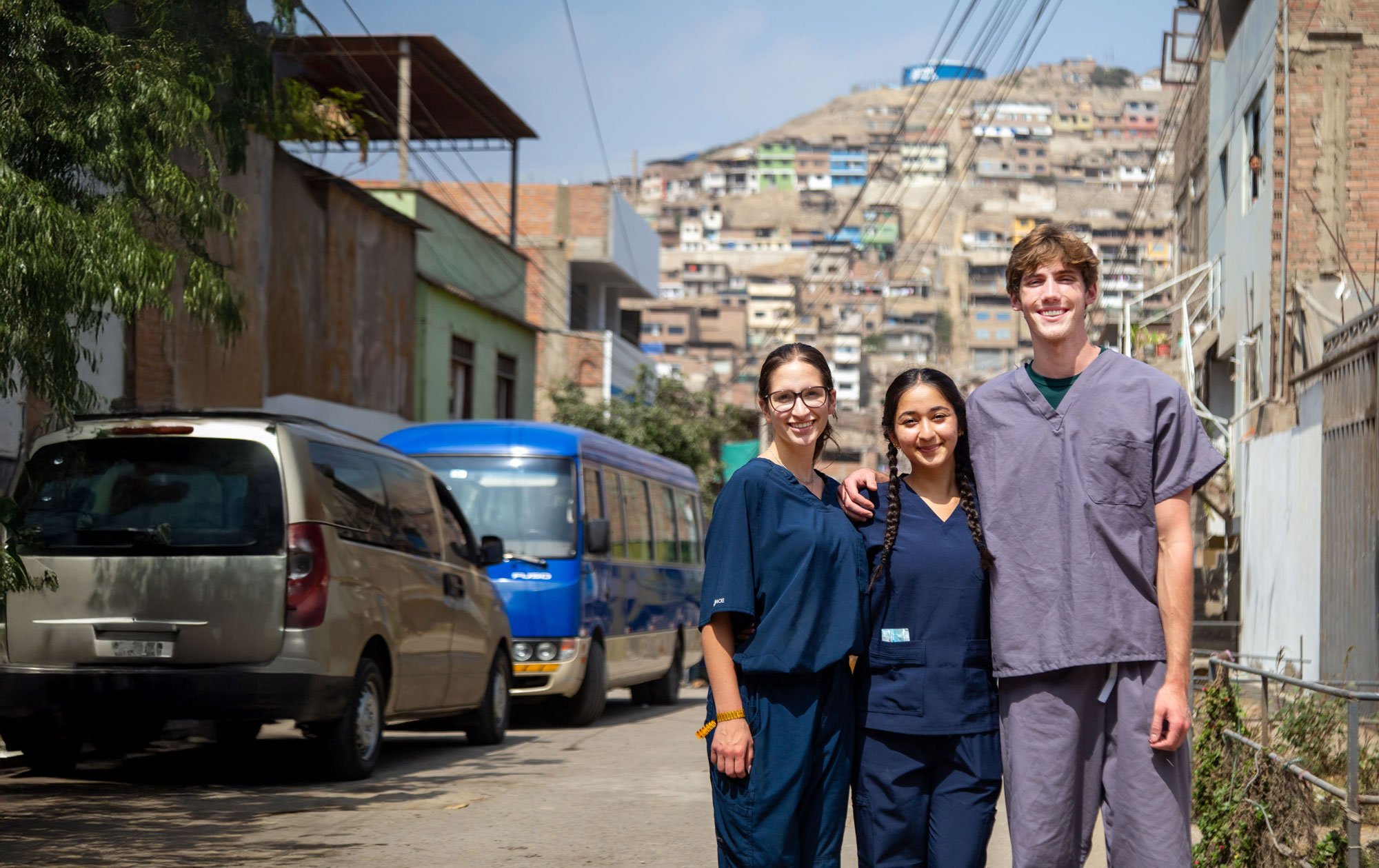
Definition of Human Settlements
Human settlements in Latin America are typically the result of rapid urbanization combined with social inequality. Families migrate to cities seeking opportunity but often end up build makeshift homes in forming informal communities with limited access to clean water, sanitation, or healthcare. Smiles Movement responds to these challenges by delivering dental care directly to these neighborhoods, addressing immediate health needs that would otherwise go unmet.
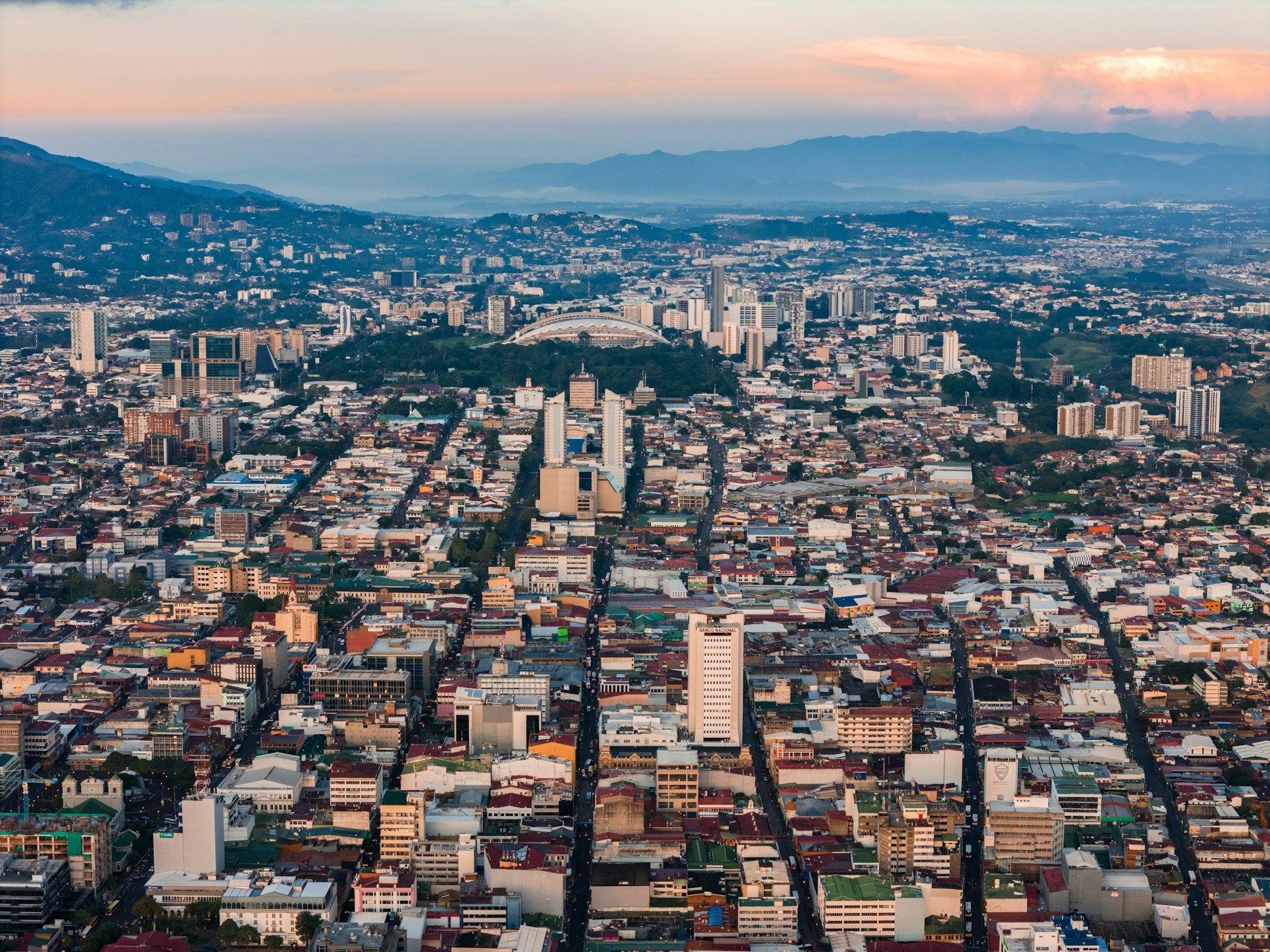
Historical background of informal settlements
Many of today’s settlements emerged from migration patterns in the mid-to-late 20th century. As people moved from rural to urban areas, cities lacked the infrastructure to accommodate them. This led to the formation of informal housing zones, many of which still lack recognition and essential services. Understanding this background is key to designing effective public health and community development strategies.
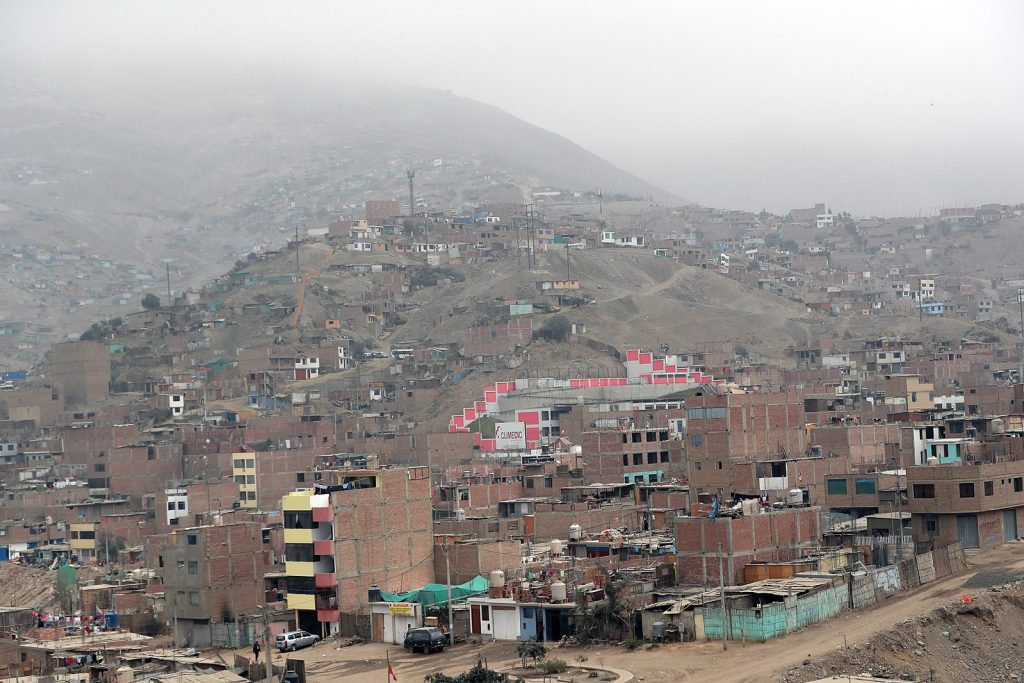
Main characteristics of settlements in Peru and Ecuador
Common features across these communities include:
- Overcrowding and limited living space per household
- Poor access to sanitation, electricity, and healthcare
- Dependence on informal employment
- High child population with limited healthcare and education opportunities
These conditions heighten vulnerability to health problems. Mobile dental care helps mitigate these challenges by providing both preventive and restorative treatments on-site.
The link between Human Settlements and sustainable development
Improving conditions in these settlements contributes directly to achieving the UN Sustainable Development Goals related to health, education, and inequality reduction. Smiles Movement’s interventions not only improve dental health care but also enhance school attendance, productivity, and overall well-being.
Programs that bring in a dental volunteer workforce extend this impact, helping to lay the foundation for sustainable development in these areas.
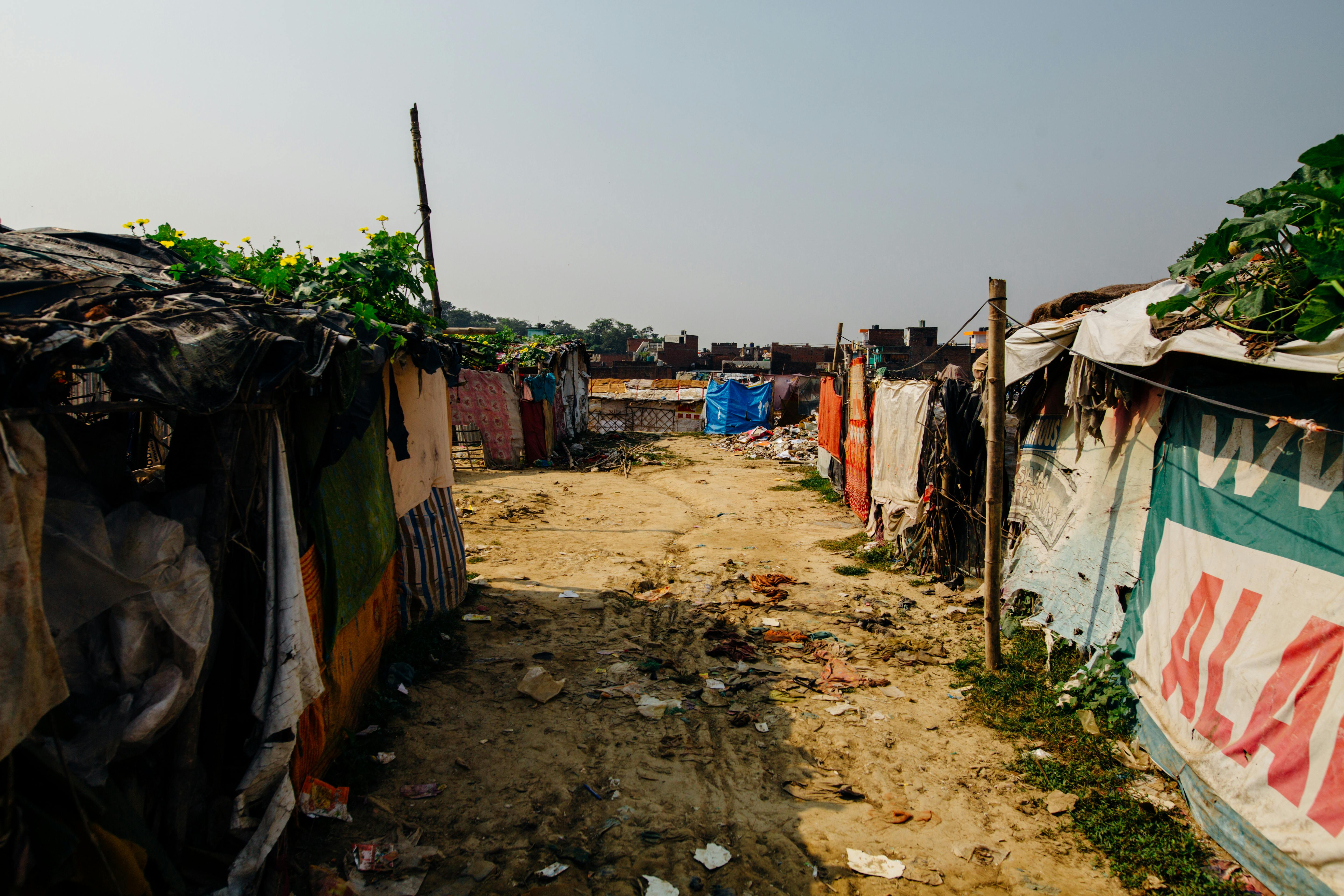
1. Challenges that persist until now
Despite community strength, human settlements still face persistent barriers such as insecure land tenure, underfunded public services, and inadequate infrastructure. These factors limit families’ ability to achieve long-term stability. Our mobile dental units help bridge this gap by offering accessible healthcare and education while advocating for systemic change.
What is the role of Government and health policies?
Public policy plays a critical role in whether these settlements remain marginalized or become integrated. Initiatives in affordable housing and public health exist but often suffer from limited budgets. Partnerships with NGOs and movements like Smiles Movement are essential to fill these gaps, ensuring continuity of care and advocacy.
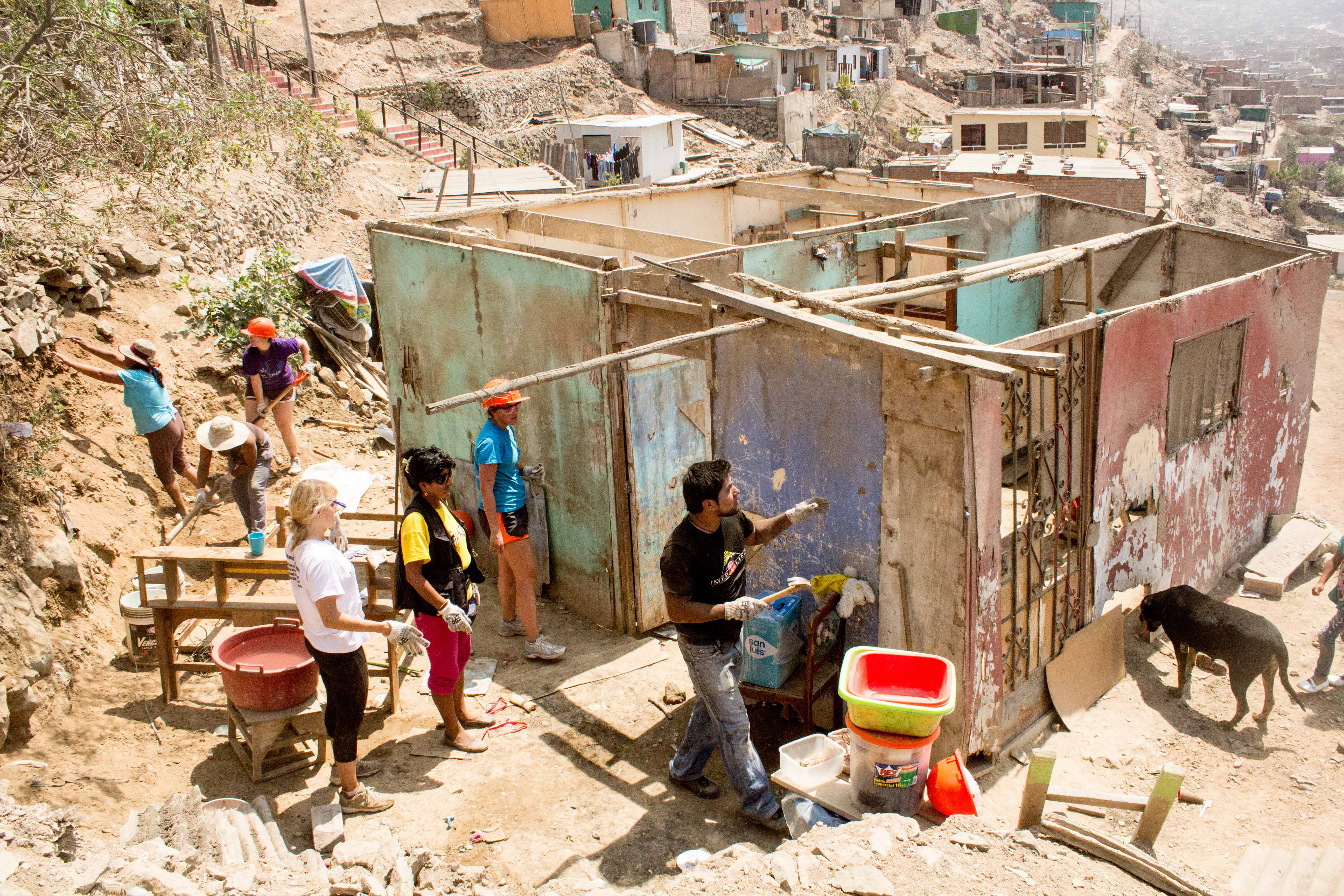
2. Opportunities: Community participation as a catalyst
Grassroots leadership is a defining trait of successful settlement transformation. Residents often lead efforts to improve roads, schools, or sanitation. Smiles Movement’s role is to complement these initiatives with dental services and education that empower families to sustain their progress.
Successful Human Settlement projects in Latin America
We’ve witnessed powerful results when investment and local leadership come together. In Peru, housing cooperatives programs have helped families gain land rights, while in Ecuador, mobile health and dental brigades have reached isolated settlements. These collaborative models show how combining local leadership and healthcare access creates measurable improvements in quality of life.
3. The impact of urbanization on Human Settlements
We see how urbanization creates both opportunity and challenge. While cities draw families seeking work, rapid growth without planning expands informal settlements. This strains the infrastructure and limits access to healthcare. Our programs respond by meeting families where they are, providing mobile dental care even in the most crowded urban settlements.
How can we support community development?
Individuals play a powerful role in supporting these communities. By volunteering abroad or joining as a dental volunteer, people can directly impact underserved areas in Peru and Ecuador. Donating, spreading awareness, or partnering with organizations like Smiles Movement helps ensure progress continues.
Join the Smiles Movement to Promote Oral Health
By addressing the needs of each human settlement we work in, Smiles Movement promotes dignity, equity, and healthier futures. You can support this mission by exploring our Smiles brochures and sharing them with others.
Even more, you can directly assist communities in need by becoming a monthly donor. For less than one coffee a month, you can make an impact in low-income communities.



